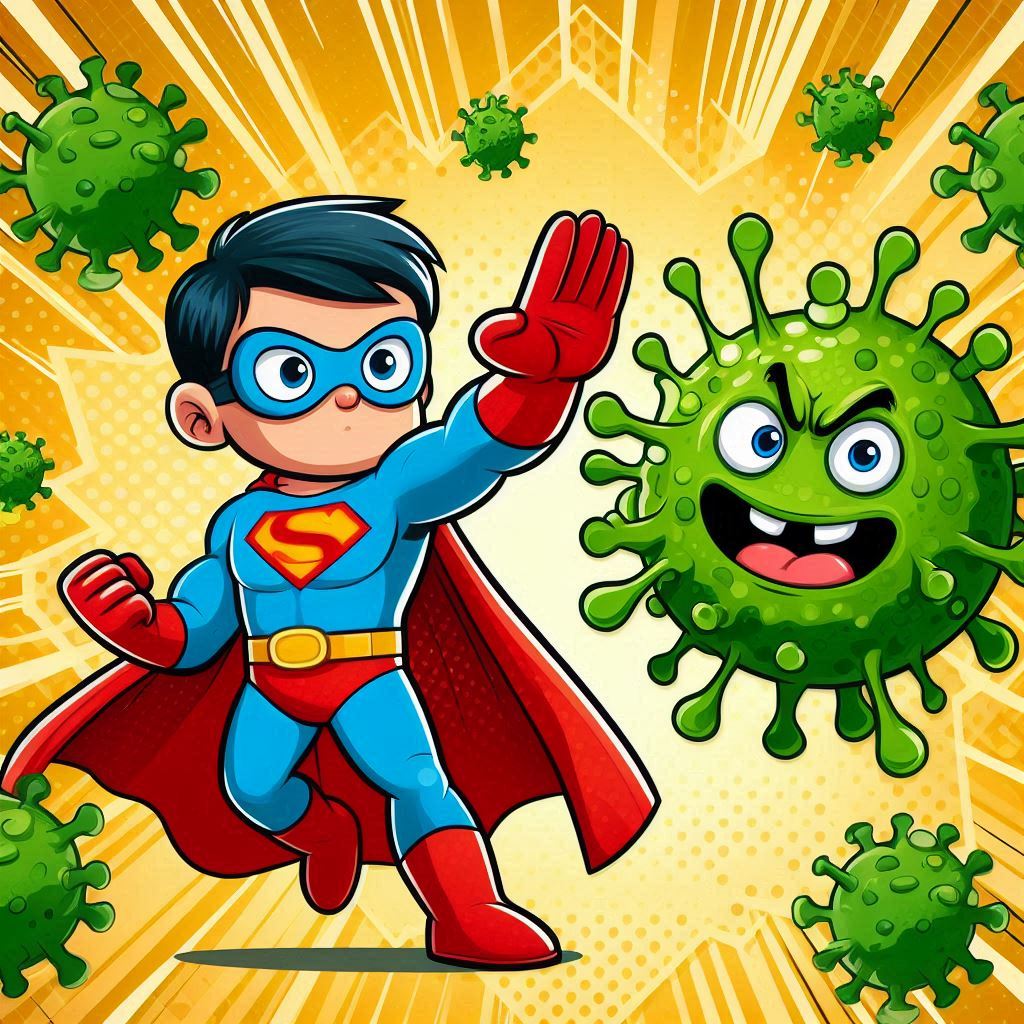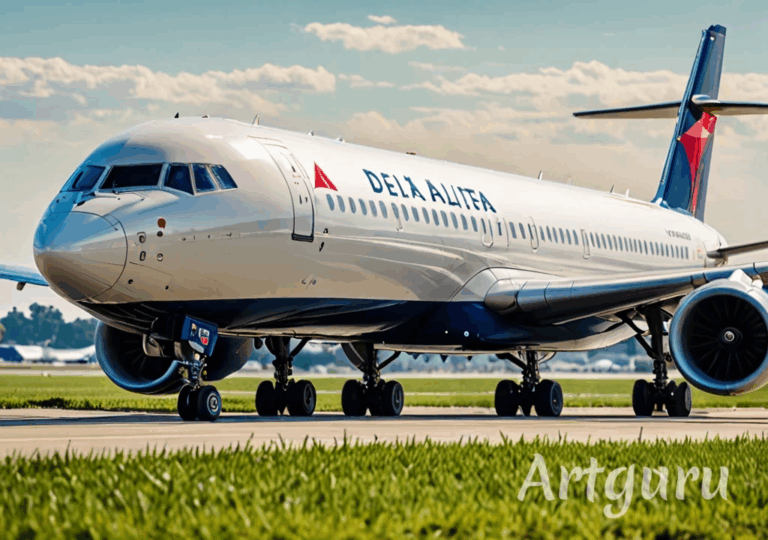
The COVID-19 pandemic, which swept across the globe beginning in late 2019, left behind more than just empty streets and masked faces. It redefined what the world considers normal—and in doing so, cost humanity dearly. While much progress has been made since the height of the crisis, it’s important not to forget what was lost, and how deeply the world was changed.
Lives Lost
The most painful toll of the pandemic was human life. By the time the worst waves had passed, more than 7 million people globally had died, according to the World Health Organization. Each number represents a story—a parent, a grandparent, a child, a friend. Hospitals were overwhelmed, funerals were delayed or held virtually, and entire families were changed forever.
Beyond the official death toll, millions more suffered long-term health effects—known as “Long COVID”—with symptoms lingering for months or even years. Some survivors never fully recovered their strength, mental clarity, or quality of life.
The Economic Fallout
COVID-19 didn’t just attack lungs—it crushed economies. According to the International Monetary Fund (IMF), the global economy shrank by over 3% in 2020 alone, triggering the worst recession since the Great Depression.
Governments worldwide poured trillions of dollars into stimulus packages to keep people afloat. The U.S. alone spent more than $5 trillion on emergency relief. While necessary, these measures have led to long-term debt and inflation issues still being felt today.
Small businesses shut down by the millions. Entire industries—hospitality, tourism, entertainment—were devastated. In developing nations, where healthcare and financial systems were less equipped to handle such a crisis, the economic blow pushed many back into poverty.
Lost Time, Lost Opportunities
Children lost years of consistent education. Students who were just about to graduate faced an uncertain future, with job markets frozen and industries downsizing. Mental health issues skyrocketed among all age groups, driven by isolation, anxiety, and grief.
Workers lost jobs, savings, and sometimes their homes. Immigrants and frontline workers, often the most vulnerable, bore a disproportionate burden—risking exposure daily while others worked safely from home.
A Changed World
What was lost during COVID-19 wasn’t just lives or money—it was stability, predictability, and in many cases, trust. Trust in governments. In healthcare systems. In one another.
But amid the loss, there was also resilience. Healthcare workers became heroes. Scientists developed vaccines at unprecedented speed. Communities came together—online and in person—to help each other survive.
Looking Ahead
The scars of COVID-19 remain. They remind us of our vulnerability, but also of our capacity to adapt and endure. As the world continues to recover and prepare for future pandemics, remembering the depth of what was lost is essential. Not to dwell in sorrow, but to honor those who didn’t make it—and to ensure we’re better prepared for whatever comes next.







